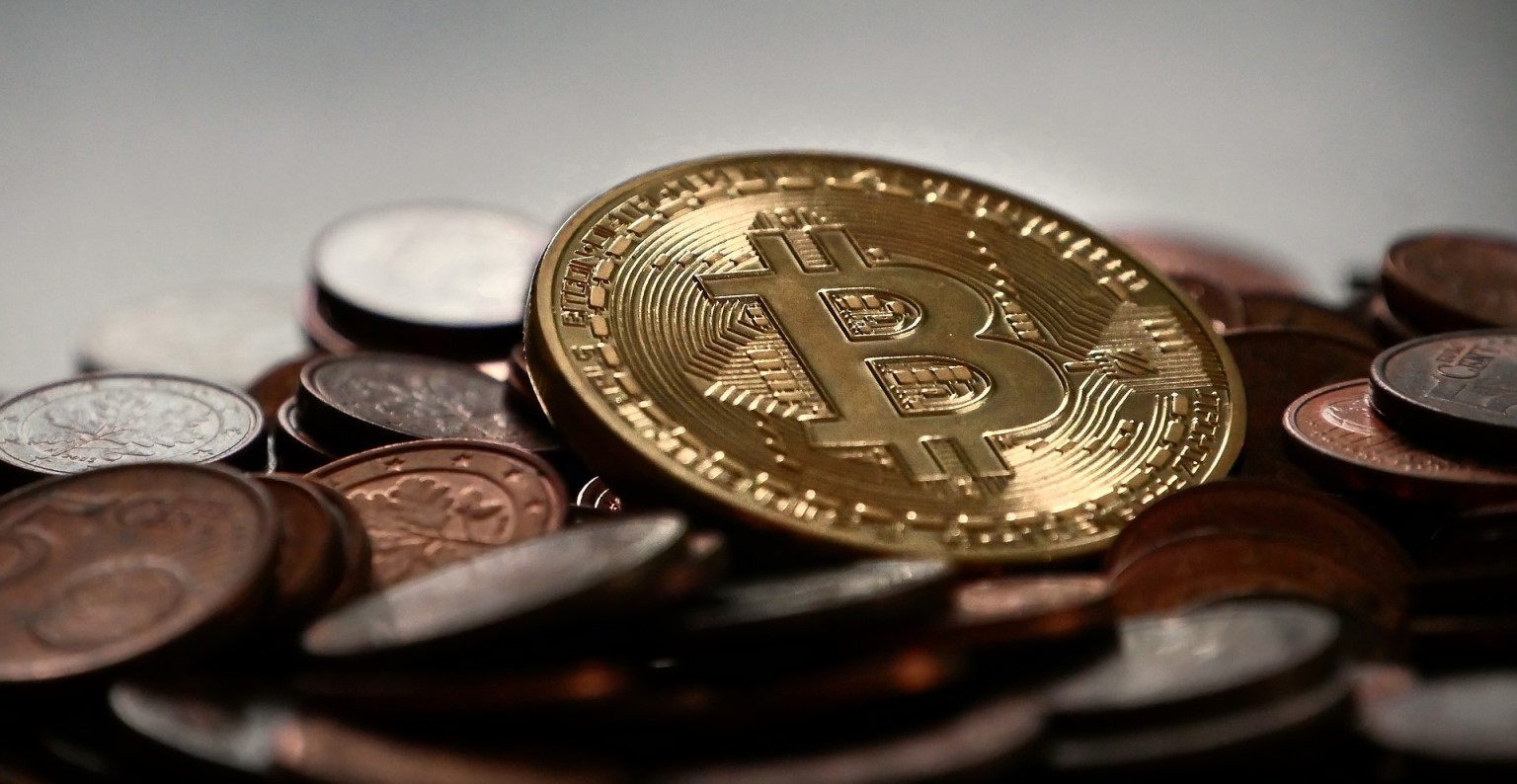
Prior to the publication of John Maynard Keynes’ The General Theory of Employment, Interest, and Money, balanced budgets reflected the received wisdom for governments.
By making the case for debt spending in times of recession (and the virtually ignored case for restricting spending in times of growth), Keynes gave political leaders a license to abandon the requirement of balance. Now, they could spend beyond their means and still claim to be responsible. Declining purchasing power over time attests to the impact massive deficit spending has had on currency. But as long as leaders avoid banana-republic style breakdowns, the public tends to accept the diffuse impact of weakening dollars. The effect is slow, incremental, and generally not noticeable other than over longer time periods.
Though it twists Keynes’ theory to turn him into an apologist for permanent debt spending, the simple fact remains that his work reinforced a continuing threat to the soundness of currency. In an era of fiat currency, gold has been the purported safe haven for those who want a solid asset. Gold is not just beautiful. It has a wide variety of uses and possesses the advantage of scarcity. It must be mined. There is a finite amount available. However, there are problems with gold, too. One doesn’t want to have to maintain a physical supply of it. It is also difficult to make electronic exchanges using gold as money. In addition, governments have sometimes been heavy-handed in the regulation of gold.
Enter bitcoin. Bitcoin is an attempt to get beyond the weakness of fiat currency through the use of technology. By using computing power to solve complex mathematical equations, the technically astute can “mine” bitcoin. The critical point is that there will be a finite supply of bitcoin. Governments will not be able to create bitcoin. They cannot increase the supply by printing or changing reserve requirements through a central bank.
At least for now, bitcoin also presents the opportunity to avoid regulation of transactions. Currently, for instance, all transactions over $10,000 have to be reported to the federal government. As inflation slowly eats away the dollar’s value, more and more transactions come into reporting range. For this reason, bitcoin has also been attractive to those who wish to operate beyond the notice of governments. Some of the more sensational accounts have included the use of bitcoin to purchase sex, drugs, or even murder.
It would appear that bitcoin represents a classic Silicon-Valley style “disruption” of the government’s monopoly on currency. (1) Government devalues currency through excessive printing or debt. (2) The devaluation creates an opening in the “market” for money. (3) Technologists create a new electronic form of money that can’t be diluted by governments.( 4) Governments continue to pay their obligations in a fiat currency that becomes increasingly irrelevant. (5) The only people using government currency are federal/state/local workers and welfare/social insurance recipients. (6) Users of government currency will only be able to buy inferior goods. (7) Those who wish to operate on a true market level in their transactional life simply exchange bitcoin. (8) Fiat currency faces the steady decline of city medallion-cabs in the era of Uber.
To read the above scenario is to see that the future may not be bright for bitcoin and other crypto-currencies. Governments have a tremendous interest in preserving their monopolies on currency. Without it, they will become less effective and their reach will decline. It seems to me that the logical course for states will be to outlaw the use of bitcoin or to regulate it so heavily as to radically diminish its value. In the meantime, I suspect state actors are playing a “wait and see” kind of game so as to avoid using coercive strategies before it is clear they are necessary.
The other tack for governments to take would be to return to balanced budgets and to maintain fiscal discipline. They could compete with bitcoin by utilizing people’s strong attachment to state currency and protecting value by avoiding debt and printing.
But I think it is safer to assume governments will begin to crack down on bitcoin if it really gets going.
Image: Public Domain

